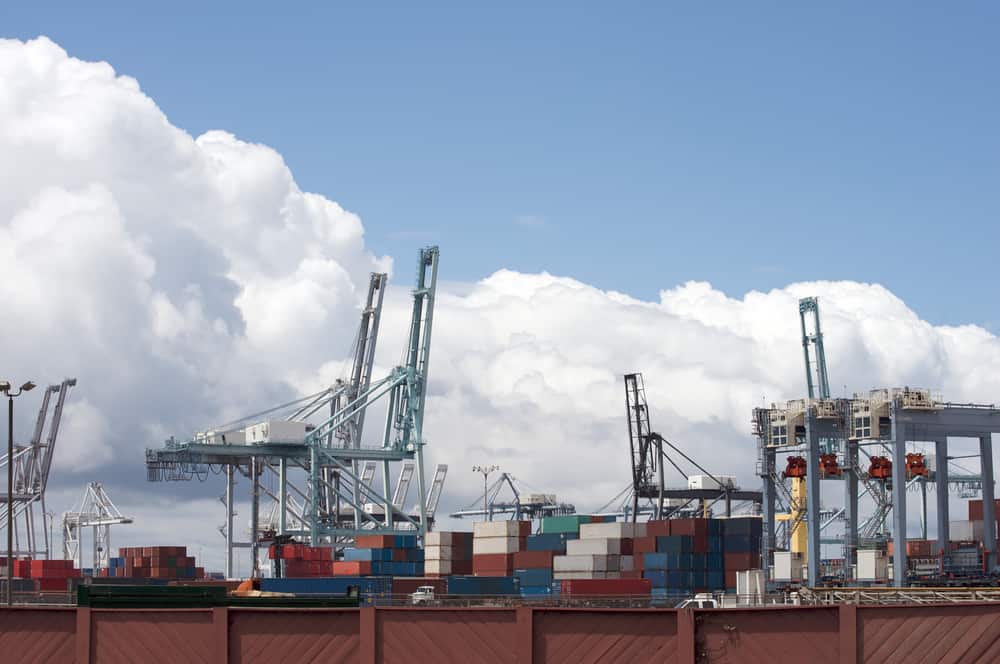Rising tensions in the Middle East are creating significant near-term uncertainty for the oil market, adding to the challenges of a sector already facing a demand slowdown due to a series of retaliatory tariffs, Vitol CEO Russell Hardy told the Energy Asia conference on June 17.
However, the medium- to long-term oil demand outlook remains intact, with the market unlikely to witness peak oil demand for at least another 10 years, Hardy said.
“The events of the last few days obviously have changed the outlook somewhat, and it’s a very uncertain time. We are a little bit concerned. But if we take a step back and think about things as they were a month or two ago — on how oil demand is progressing — it’s slowing down a little bit because of trade and tariffs, which have had an impact on the global economy,” Hardy told the conference in Kuala Lumpur.
Crude oil futures resumed their uptrend in midmorning trading on June 17, after US President Donald Trump warned people to evacuate Iran’s capital, Tehran, fueling fears of potential disruptions to global oil supplies.
The escalating conflict between Iran and Israel has entered its fifth day, having started on June 13, with both sides continuing to launch missiles into each other’s territory.
At 12:11 pm Singapore time (0411 GMT), the ICE August Brent futures contract was up 34 /b (0.46%) day over day at $/b, while the NYMEX July light sweet crude contract was up 33 /b (0.46%) from the previous close at $/b.
Hardy said that medium-term oil market demand and supply fundamentals are expected to remain healthy.
“There is still a trend toward growth, and that is expected to continue for a few more years. We fully expect oil demand to continue to grow for a few more years, probably peak in the mid-30s, and then gradually come off after that,” he added.
Supply equation
Hardy said continuous investments in the oil sector are necessary to meet that demand, contrary to earlier projections and expectations.
“You do need an increase in supply. Oil fields are always in a little bit of decline. So, there’s always a need for investment. I think that the debate over the last few years made people think twice, but I think that the trend is a little bit clearer now and that investment needs to continue in oil,” he said, adding that some non-OPEC producers, such as Brazil, were witnessing production successes.
The lower oil prices seen in April and May, following trade discussions and tariff negotiations, had some impact on investment and production, he said.
Commenting on the shale industry, Hardy said lower prices could make some producers more cautious.
“It’s quite easy to turn down the expenditure a little bit. Turning down that expenditure has a little bit of an impact. So, we think that investment is going to shrink this year. But it’s not a big concern because there’s a lot of additional capacity coming on from OPEC and from other countries,” he added.
Source: Platts






